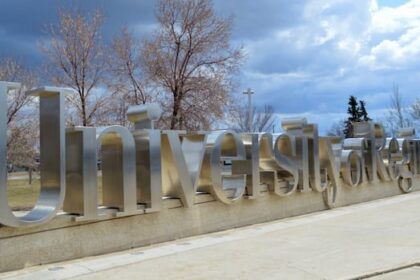Article contentArticle content Dalhousie Faculty Association’s Joe Shapiro wants the university’s board of governors to return to the negotiating table. Photo by Ryan TaplinArticle contentArticle contentCONTROLLING THE NARRATIVEArticle content“Our overwhelming feeling is frustration,” continued Shapiro. “Morale on the line is very high, but we are frustrated and saddened. We want to be in classrooms, we want to be teaching students.”Article contentControlling the narrative in any labour dispute is important, so Dalhousie sent its students an email message Sunday with the university’s perspective on negotiations.Article contentIt focused on wages as the key issue. The university offered two per cent raises in each of the next three years, while the faculty association is looking for increases of 3.75 per cent, 4.75 per cent and 5.75 per cent. The university said the faculty’s ask would cost $15 million more than its offer.Article content“I know this is not the welcome or return to classes that we all hoped for,” wrote Wanda Costen, provost and vice-president academic, in the email. “We remain hopeful for a swift resolution and minimal disruption to the fall term.”Article contentArticle contentAn offer of interest arbitration from the university was turned down by the faculty association.Article contentShapiro disputes the message from the board of governors. He said the board walked away from conciliation talks Aug. 11 and that, while wages are important, there are several other key issues.Article content“The difficulty is that the board walked away and has refused to come back at all,” said Shapiro.Article content“There has been no bargain-unit to bargain-unit talk whatsoever; the only movement so far was they sent that offer, really an ultimatum to go to interest arbitration, that would have put every other issue the DFA wanted to talk about, except for wages, off the table.Article content“It seems like all we care about is money when the vast majority of the DFA’s proposals are not about money.”Article contentLimited-term appointments and daycare access at the university are among several other key issues, said Shapiro.Article contentArticle content“There are people on the line that have been working that have had their contracts rolled over, one- and two-year contracts,for five to 10 years,” said Shapiro. “The university gets cost control so they can be flexible, but that person can’t settle down. It is important to us that this precarity of work and the right, after a certain period of time, it is negotiable, it isn’t temporary anymore. That person should be converted permanently.”Article contentShapiro hopes that students get involved to support the faculty’s action.Article content“There will not be movement until the board of governors comes back to the table to negotiate,” said Shapiro, who teaches a class in negotiating and arbitration.Article content“Clearly, they are not listening to us, so hopefully they will listen to the other stakeholders involved, the students.Article content“They are undermining their education. (Students) are smart and I want them to look at the issues from both sides. My own view is that the blame isn’t equal here, the blame rests with the people in the Henry Hicks Building. We can’t motivate the board to come back, but the students can. There are 12,000 of them. If they stand up and say this is unacceptable, board, come back and talk, that voice would be so much larger than ours.”Article content
Dal students left wondering as first day of fall semester passes without classes











